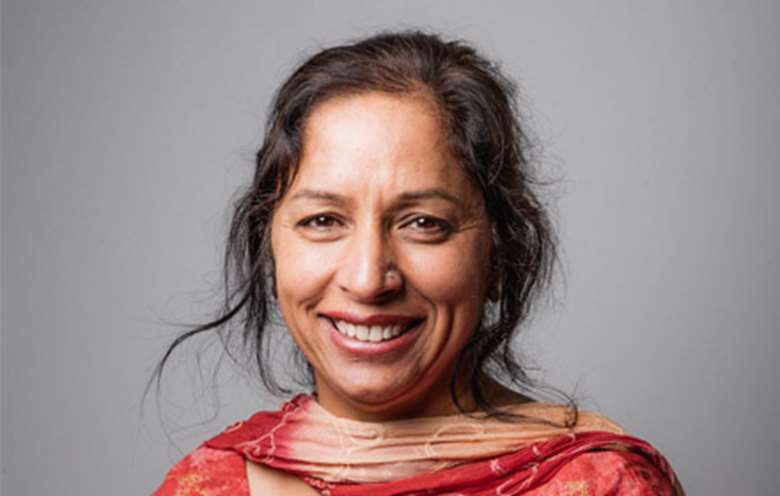Housing First: Safety net to save vulnerable people from falling through the cracks
Balbir Chatrik
Monday, November 22, 2021
Too many young people leave the care system only to end up caught between unstable housing or homelessness.

In fact, Centrepoint estimates that as many as a quarter of care leavers have sofa surfed, with some left with no choice but to sleep rough.
Navigating the transition from adolescence to adulthood is difficult for anyone, so it’s no surprise that the most vulnerable in particular struggle. So how do we help those who would otherwise tumble out of the system, to access the support they need and better adjust to their newfound independence? After a two-year evaluation, it seems as though there is at least one possible solution.
Centrepoint has been delivering a unique pilot of the Housing First approach for care leavers in the London Borough of Haringey. An evaluation took place of the programme this year with nine young care leavers, of which six who were successfully housed.
By tackling unstable or inappropriate accommodation first, Housing First gave us more space to work with the young people to address complex health and social care needs than we perhaps would have had with other forms of supported or non-supported housing models.
Though the pilot was small in scale it was a huge success: five out of the six care leavers housed during the programme were still maintaining their tenancies at the end of the two-year evaluation.
And the benefits did not end there. Our pilot also found stability had a hugely positive affect on those young people involved in the criminal justice system – with only one out of five pilot participants in accommodation, still in the system by the end of the evaluation.
Care leavers often have complicated relationships with their families – but support networks built with parents or guardians can be incredibly useful for people looking to live independently. All participants in Centrepoint’s pilot now enjoy improved relationships with parents, foster carers or siblings following the two-year stint in the programme.
Stepping back from the research, it is easy to see why this might have happened. Housing First allows providers to prioritise the fundamental instability caused by insecure or inappropriate accommodation and, in turn, gives both tenants and those supporting them the space to address their other needs. In order to move forwards onto this better path, young care leavers also need to be investing and looking ahead to the future.
This is exactly what we saw with our young care leavers in Haringey. The tailored support we were able to provide empowered many of them to re-engage with education, employment or training opportunities. Three young people achieved full-time or part-time jobs, two young people began training placements and one young person received a Level 2 Qualification. It almost goes without saying that these achievements had a knock-on effect to the overall wellbeing of the young people.
It almost sounds too good to be true, doesn’t it?
But removing the perhaps voguish label of Housing First, and looking at what it means, this type of intervention makes sense. What is so surprising about a stable base and tailored, intensive one-on-
one support working? Isn’t that exactly what many of us have been calling for funding to provide for most of our careers?
Many of the young people who come through our doors at Centrepoint – whether they are in care, leaving care or homeless - have suffered trauma and have mental health issues. They simply do not feel part of society, let alone seen to make a valuable contribution to it.
It has always been our role as housing providers and those delivering support services to change that. Housing First seems to be a good way of achieving it.
Balbir Chatrik is Centrepoint’s director of policy




